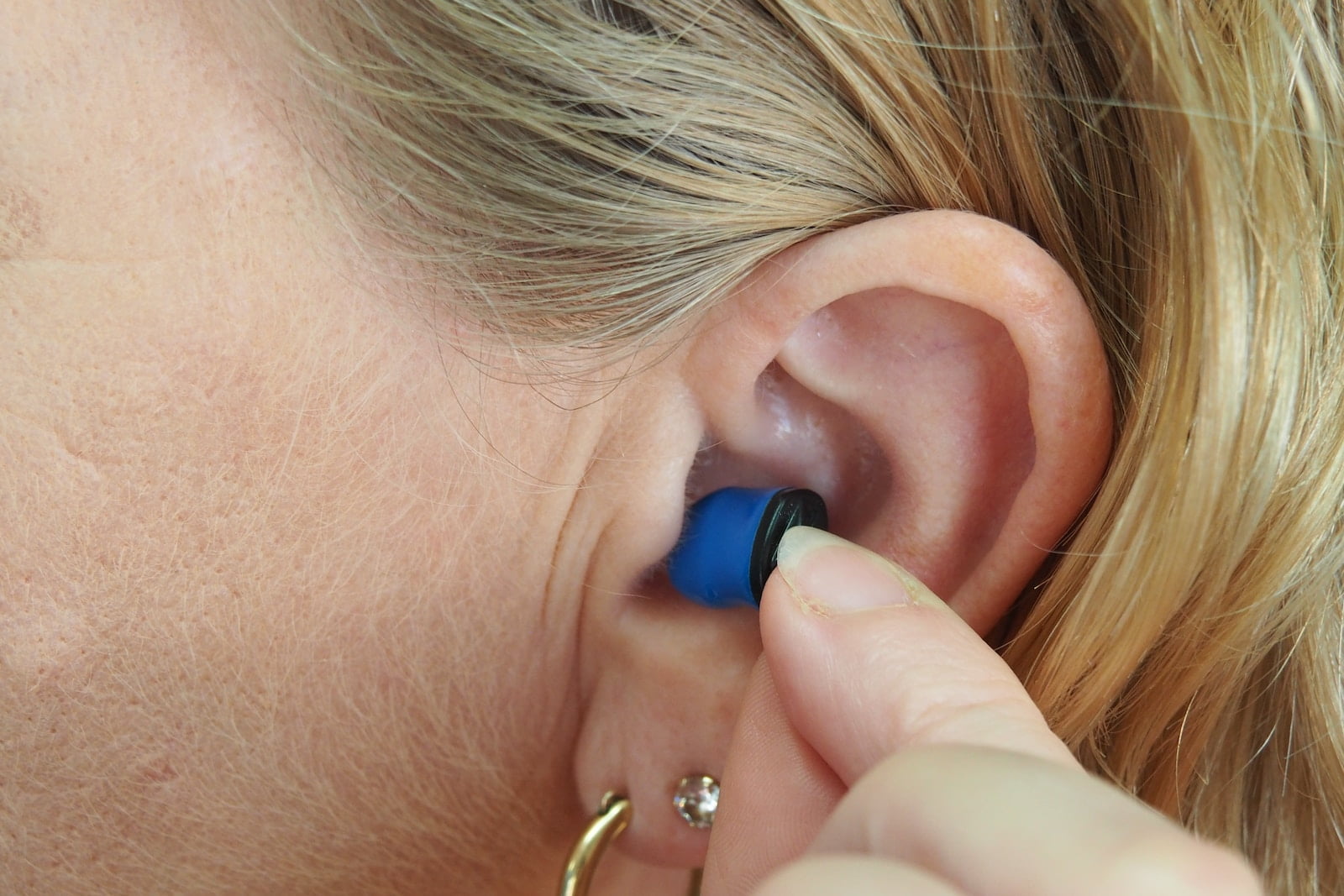Weighing Your Options: The Pros and Cons of Non-Specialist Microsuction Clinicians
Last Updated on 3rd May 2024 by Admin
Microsuction is a highly effective and safe method for removing earwax and debris from the ear canal. It is a popular alternative to traditional ear syringing, as it offers numerous benefits including reduced risk of infection and damage to the ear. When considering microsuction, one important decision to make is whether to visit a specialist clinic or a non-specialist clinic. In this article, we will explore the pros and cons of non-specialist microsuction clinics, helping you make an informed decision.
What is Microsuction?
Before we delve into the pros and cons, let’s understand what microsuction actually is. Microsuction is a procedure performed by trained professionals to remove earwax and foreign bodies from the ear canal using a microscope and a small suction device. It is a gentle and precise method that ensures thorough cleaning of the ear without any discomfort.
Microsuction has gained popularity due to its numerous advantages over traditional ear syringing. Unlike ear syringing, which involves the use of water to flush out the ear, microsuction uses suction to gently remove earwax and debris. This reduces the risk of water entering the ear canal and causing infection or damage to the delicate structures of the ear.
Pros of Non-Specialist Microsuction Clinics
-
Convenience: Non-specialist microsuction clinics are often more readily available and accessible than specialist clinics. They may have multiple locations, making it easier for individuals to find a clinic near their residence or workplace. This convenience eliminates the need for long travel distances and allows individuals to easily incorporate microsuction appointments into their busy schedules.
-
Affordability: Non-specialist clinics tend to have competitive pricing, making microsuction more affordable for individuals seeking this service. This can be particularly beneficial for those without insurance coverage or limited financial resources. Affordable pricing ensures that individuals can prioritize their ear health without breaking the bank.
-
Flexible Appointments: Non-specialist clinics usually offer a range of appointment times, including evenings and weekends. This flexibility allows individuals to schedule their microsuction session at a time that suits their busy lifestyle. Whether you have work or family commitments, non-specialist clinics can accommodate your schedule, ensuring you receive the care you need.
-
General Ear Care Services: Non-specialist microsuction clinics often provide a broader range of general ear care services, such as hearing tests, earwax management advice, and earplugs fitting. This can be advantageous for individuals who require additional ear-related services. These clinics can serve as a one-stop-shop for all your ear care needs, providing comprehensive care and guidance.
-
Ease of Referral: Non-specialist clinics may have established referral networks with medical specialists, making it easier for patients to be referred for further evaluation or treatment if necessary. In case your condition requires specialized care, non-specialist clinics can facilitate a smooth transition to the appropriate healthcare professional, ensuring continuity of care.
In addition to these pros, non-specialist microsuction clinics often prioritize patient comfort and satisfaction. Their friendly and welcoming environment helps alleviate any anxiety or discomfort associated with the procedure, creating a positive experience for patients.
Cons of Non-Specialist Microsuction Clinics
-
Lack of Specialization: Non-specialist clinics are typically staffed by general healthcare practitioners or audiologists who may not have the same level of expertise as ear, nose, and throat (ENT) specialists. This lack of specialization could potentially impact the quality of care provided. While these practitioners are trained in microsuction, they may not possess the same in-depth knowledge and experience as specialists.
-
Limited Experience: Unlike specialist clinics, non-specialist microsuction clinics may not perform a high volume of microsuction procedures. As a result, their practitioners may have limited experience in dealing with complex cases or uncommon ear conditions. This limited experience may increase the risk of complications or suboptimal outcomes for certain individuals.
-
Risk of Complications: The delicate nature of the ear requires skilled hands and in-depth knowledge. Inexperienced practitioners, commonly found in non-specialist clinics, may inadvertently cause complications such as eardrum perforations or infections if they lack proper training and expertise. It is crucial to consider the qualifications and experience of the practitioner before undergoing microsuction at a non-specialist clinic.
-
Availability of Specialized Equipment: Specialist clinics often invest in state-of-the-art equipment specifically designed for microsuction procedures. Non-specialist clinics may not have the same level of access to such specialized equipment, potentially compromising the effectiveness and safety of the procedure. It is important to inquire about the equipment and tools used in the clinic to ensure they meet the necessary standards.
-
Limited Scope of Practice: Non-specialist clinics may have a narrower scope of practice compared to specialist clinics. They may not be equipped to handle complex ear conditions or offer advanced treatment options, potentially requiring patients to seek additional care elsewhere. If you have a history of complicated ear conditions or require specialized care, it is advisable to seek a clinic staffed by ENT specialists or experienced audiologists.
Making an Informed Decision
When weighing the pros and cons of non-specialist microsuction clinics, it is crucial to consider your individual needs, preferences, and the severity of your ear condition. For routine earwax removal or basic ear care services, non-specialist clinics can be a convenient and cost-effective choice. However, if you have a history of complicated ear conditions, require specialized care, or prefer the expertise of a specialist, it is advisable to seek a clinic staffed by ENT specialists or experienced audiologists.
Ultimately, the decision should be based on a careful evaluation of the clinic’s credentials, practitioner expertise, and the level of comfort and trust you feel during your initial consultation. Remember, the health and well-being of your ears should always come first.
Note: The content provided is for informational purposes only and should not be considered medical advice. Consult a qualified healthcare professional for personalized recommendations regarding your specific ear health concerns..
FAQ: Pros and Cons of Non-Specialist Microsuction Clinics
1. What are the advantages of non-specialist microsuction clinics?
Non-specialist microsuction clinics offer several advantages, including convenience, affordability, flexible appointments, general ear care services, and ease of referral to specialized care if needed.
2. What are the disadvantages of non-specialist microsuction clinics?
Some disadvantages of non-specialist microsuction clinics include a lack of specialization, limited experience with complex cases, potential risk of complications, availability of specialized equipment, and a narrower scope of practice compared to specialist clinics.
3. When should I consider visiting a non-specialist microsuction clinic?
Non-specialist microsuction clinics are suitable for routine earwax removal or basic ear care services. If you have a history of complicated ear conditions, require specialized care, or prefer the expertise of a specialist, it is advisable to visit a clinic staffed by ENT specialists or experienced audiologists.
4. What factors should I consider when choosing between a specialist and non-specialist microsuction clinic?
When making a decision, consider your individual needs, preferences, and the severity of your ear condition. Evaluate the clinic’s credentials, practitioner expertise, comfort level during the initial consultation, and whether you require specialized care or advanced treatment options.







